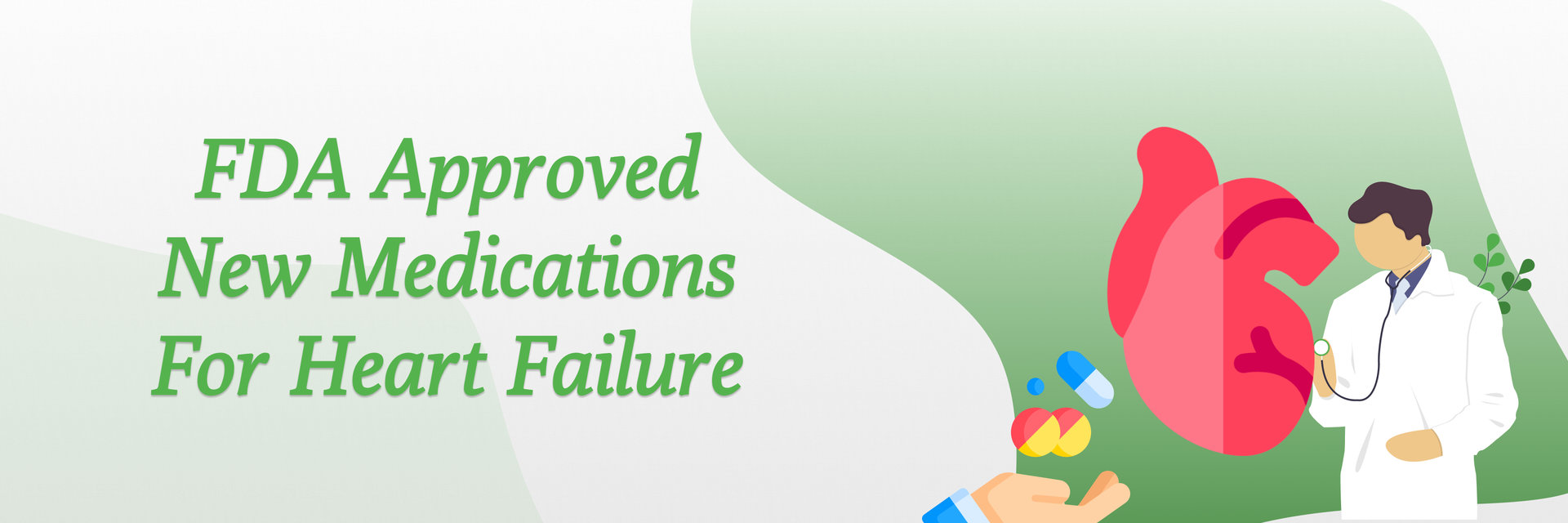A rare condition known as obstructive hypertrophic cardiomyopathy (oHCM) is brought on by the thickening of the heart muscle. The septum, the heart wall that divides its right and left sides, is where it mainly occurs. Blood flow from the heart to the rest of the body is impeded by obstructive HCM.
Although oHCM can produce severe symptoms and even death, its severity varies. The main symptoms are palpitations, breathlessness, limb edema, and a reduced ability to exercise. The condition has a considerable negative influence on daily living and quality of life.
According to Cardiologist, Dr. Denise Sorrentino,
The most prevalent hereditary cardiovascular illness is hypertrophic cardiomyopathy. One in 500 people worldwide is affected by it. In India, there were 2.4 million HCM sufferers by 2017, according to estimates.
More about hypertrophic cardiomyopathy
According to Dr. John Landry, a Registered Respiratory Therapist,
“The progression of HCM can vary widely from one individual to another. Some people with HCM may have no symptoms and lead a normal life, while others may experience significant symptoms and complications. HCM can progress slowly over many years, or it can progress more quickly, depending on a variety of factors, including the severity of the condition, the presence of other risk factors such as high blood pressure, and the individual's response to treatment.”
The goal of treatment for HCM is to reduce the risk of complications, such as heart failure and arrhythmias, and to improve the individual's quality of life.
Mavacamten (Camzyos), a medication for treating obstructive hypertrophic cardiomyopathy, has received FDA approval. Adults with symptomatic New York Heart Association (NYHA) class II-III obstructive hypertrophic cardiomyopathy (HCM) have shown improvements in functional capacity and symptoms after using mavacamten.
Mavacamten is an allosteric inhibitor of cardiac myosin. In April 2022, the FDA approved this new treatment for cardiomyopathy. Mavacamten is the first and only allosteric and reversible inhibitor licensed by the FDA for individuals with symptomatic obstructive HCM. The dosages of 2.5 mg, 5 mg, 10 mg, and 15 mg were approved by the FDA.
The EXPLORER-HCM trial investigated the efficacy and safety of mavacamten to treat NYHA class II-III oHCM. Adult participants in the trial were randomly assigned to either mavacamten or a placebo for 30 weeks. After the study, 37% of those who received mavacamten showed improvement on an endpoint assessing exercise ability and symptoms, as opposed to 17% of those who received a placebo.
Findings of the EXPLORER-HCM trial
Data from the phase 3 EXPLORER-HCM trial were used to support the approval. There were 251 patients in the trial. The trial's findings revealed that mavacamten had a significant therapeutic impact. Improvements in symptoms, functional status, and quality of life were clinically significant. The capacity of mavacamten to reduce left ventricular blockage was similarly enhanced. All primary and secondary endpoints, according to the investigators, were satisfied.
Numerous participants in the clinical trial who were using mavacamten reported improved exercise tolerance and decreased breathlessness while taking the medication. A measure of exercise ability and symptoms showed improvement in 37 percent of trial subjects who received mavacamten. Comparatively, the placebo group had 17% of the individuals. According to the trials, the medication improved the quality and quantity of life compared to the placebo.
Safety Information
Mavacamten is sold under the brand name Camzyos. A black box warning about the danger of heart failure is present on the label of Camyzos. The heart's muscle contracts less when taking mavacamten. This may result in cardiac failure or completely stop the ventricles from working. Camzyos increases the risk of heart failure and reduces cardiac muscle contraction in patients with major co-occurring conditions, including severe infections or arrhythmias.
Patients receiving Camzyos must be followed with echocardiograms due to the potential risk of heart failure. Patients must also avoid over-the-counter and prescription medications affecting Camzyos' metabolism.
Camzyos is only accessible through a restricted program called the Camzyos Risk Evaluation and Mitigation Strategy. This is due to the possibility of developing symptomatic or life-threatening heart failure during or after taking medicine. The REMS program contributes to safe use by reducing the danger of heart failure brought on by weakened heart muscle contraction.
Reference:







